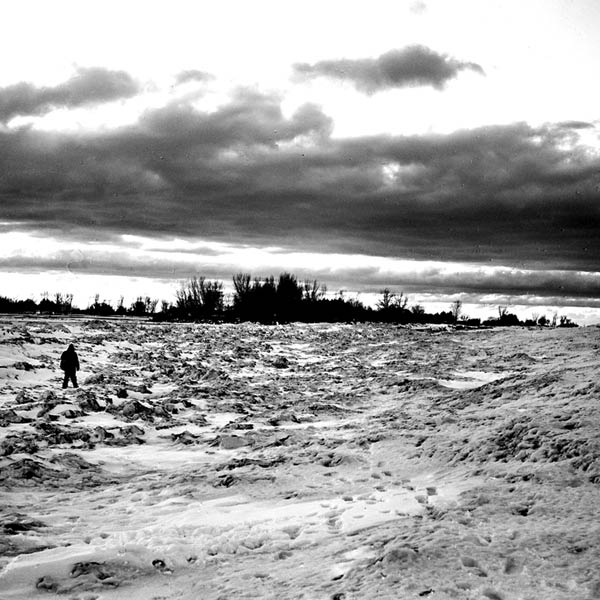Over at CBC’s Search Engine, Jesse Brown asks an important question: Is Canada Becoming a Digital Ghetto? I’m reproducing the article in its entirety below.
Here are three things that suck about being Canadian right now:
- Last week the CRTC sided with Bell against a group of small Internet Service Providers who want to offer their customers unthrottled connections where what they download is their own business and not subject to interference.
- In last week’s throne speech the Conservative government renewed their intention to “modernize” Canadian copyright law. Their effort to do so last session was Bill C-61, a woefully unbalanced and retrograde piece of legislation that led to the greatest citizen backlash to any proposed bill in recent memory. Yet there has been no indication from new Industry Minister Tony Clement that a much-needed public consultation will take place. The best he has offered is the possibility of a “slightly different” version of the bill.
- Twitter has just announced that they are killing outbound SMS messaging in Canada due to exorbitant and constant rate hikes from Canadian cell providers (former Industry Minister Jim Prentice vowed to get tough on SMS price gouging, then backpedalled). Cell phone rates in Canada are among the highest in the world, and the result is that mobile penetration is pathetically low and that emerging new cultural platforms like Twitter are being hobbled.
This growing list of backwards policies is already creating a sense of digital isolation: Canadians can’t stream the videos Americans stream, download the files Americans download, remix the media Americans remix, or tweet the way Americans tweet.
With the election of Barack Obama, digital culture in the U.S. hit a tipping point, where a robust online public sphere proved itself capable of changing the world. Meanwhile, here in Canada we’re approaching our own tipping point, where a series of ignorances and capitulations threaten to turn our country into a digital ghetto.
[Thanks to Mark Relph for pointing me to this article.]
